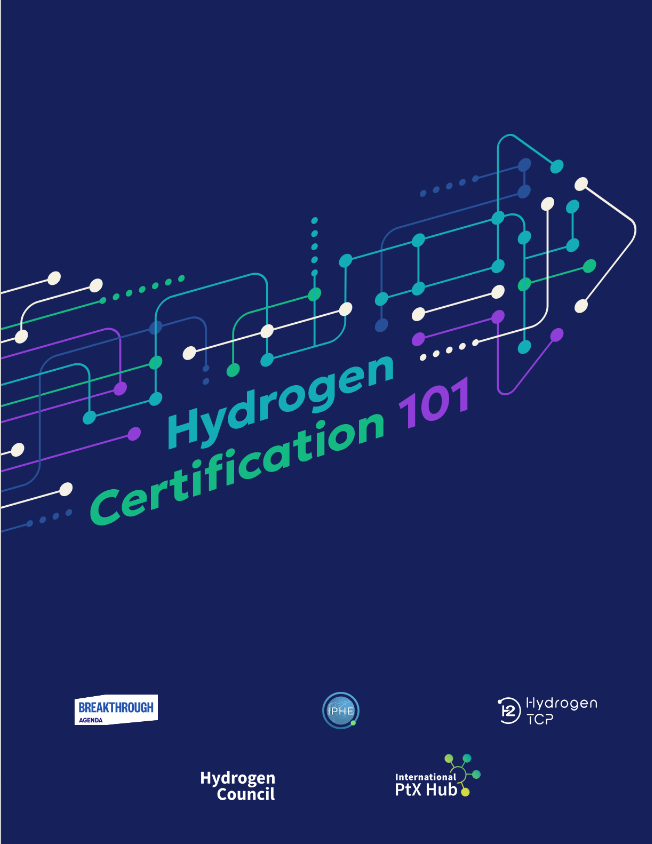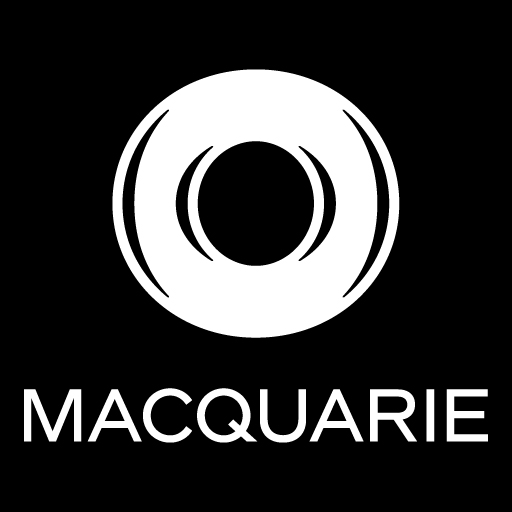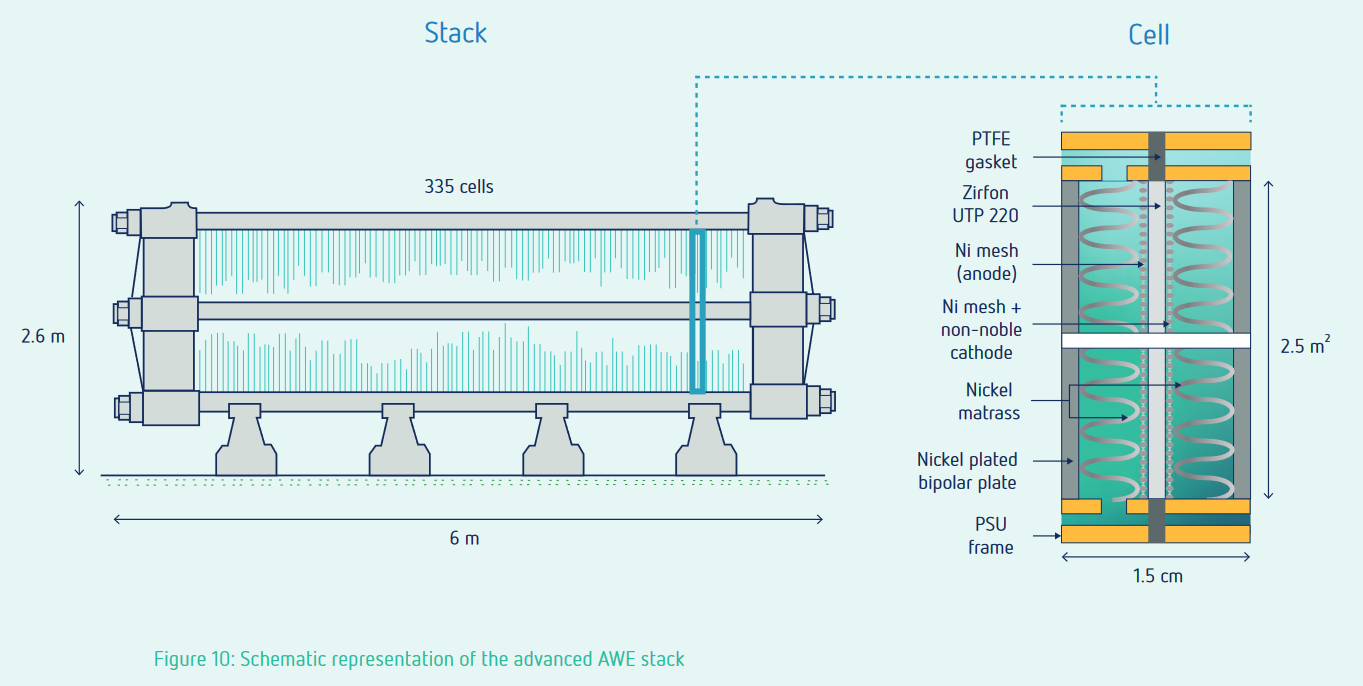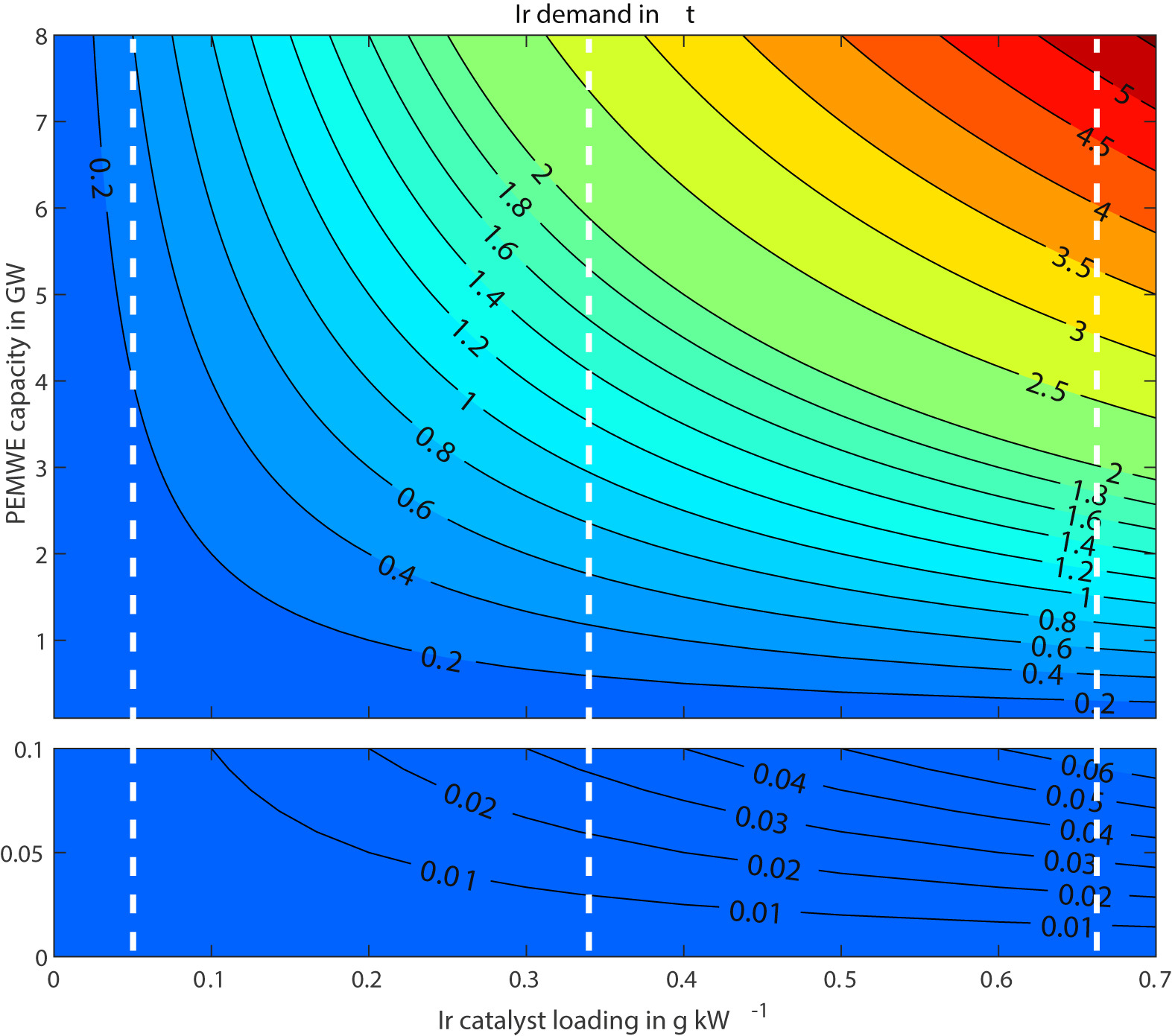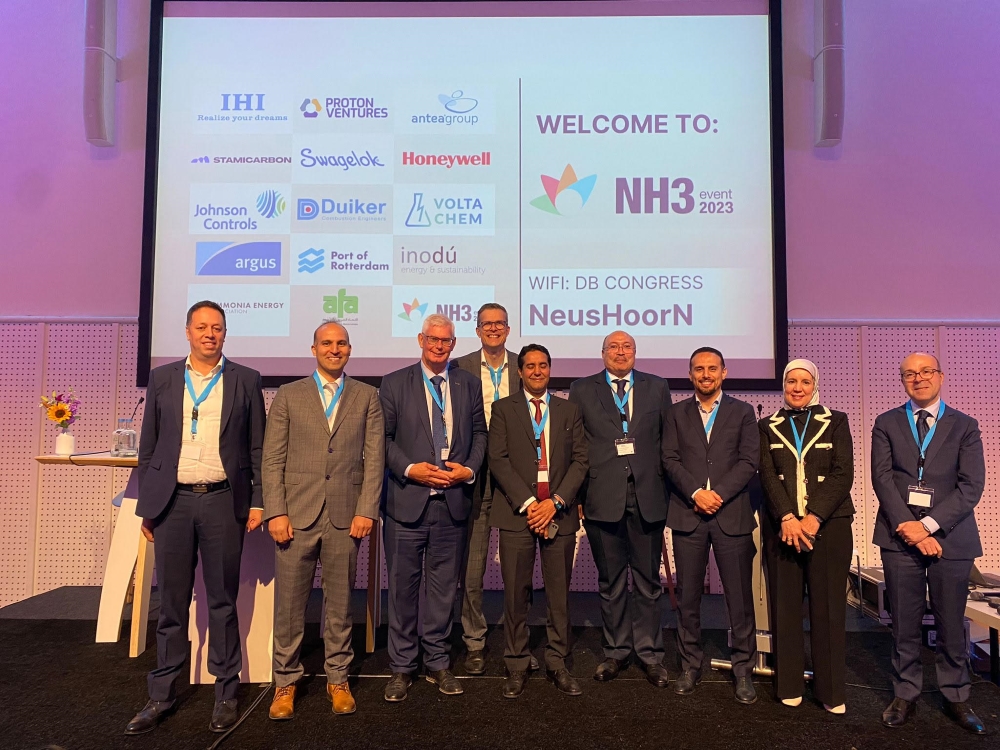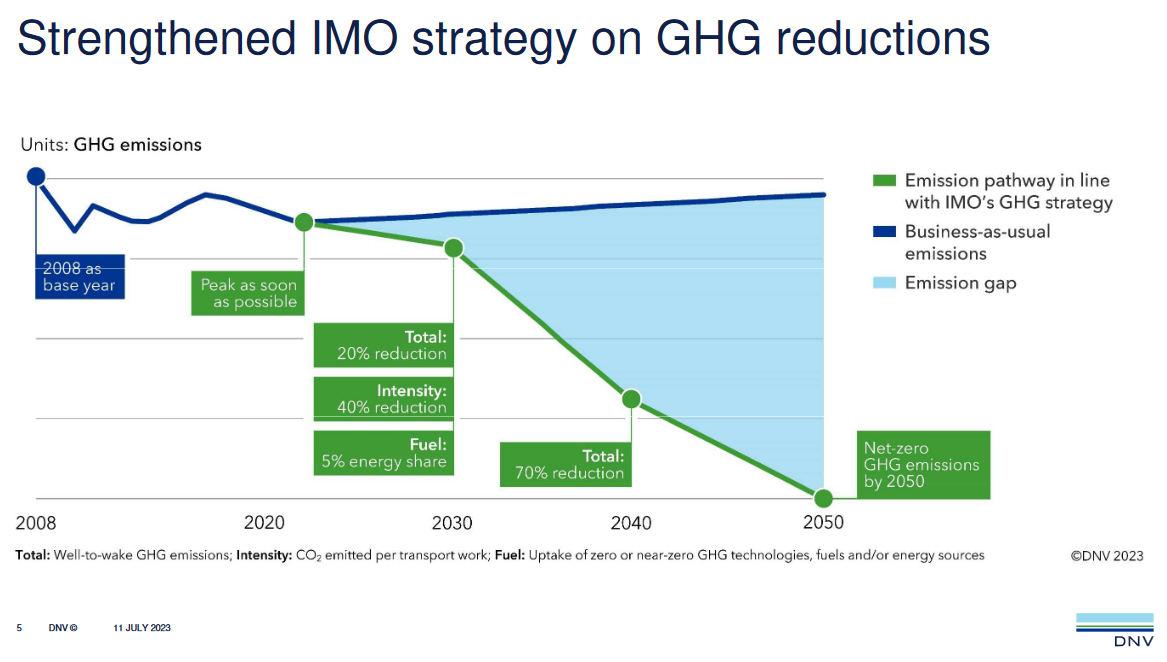Certification 101: New Hydrogen Council Report
Hydrogen Certification 101, the Hydrogen Council’s new report, provides a helpful summary of key certification terminology and concepts. It is the latest report to advocate for mutual recognition as a solution to inconsistency in energy policy, while also delving into practical measures to support the fundamental design principles of certification schemes.
